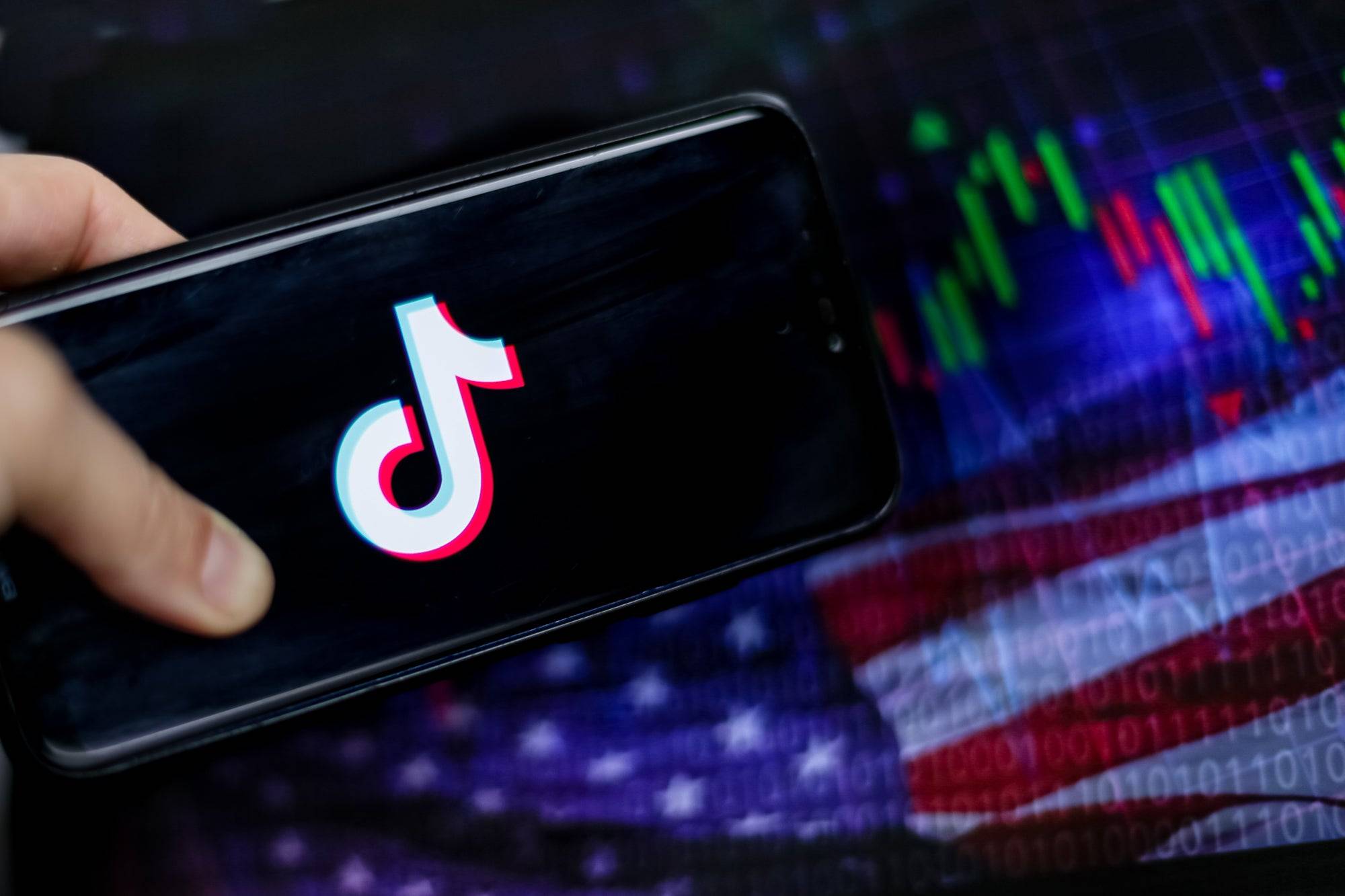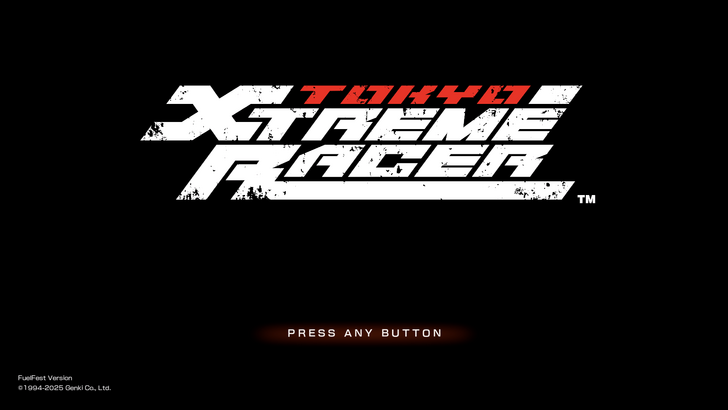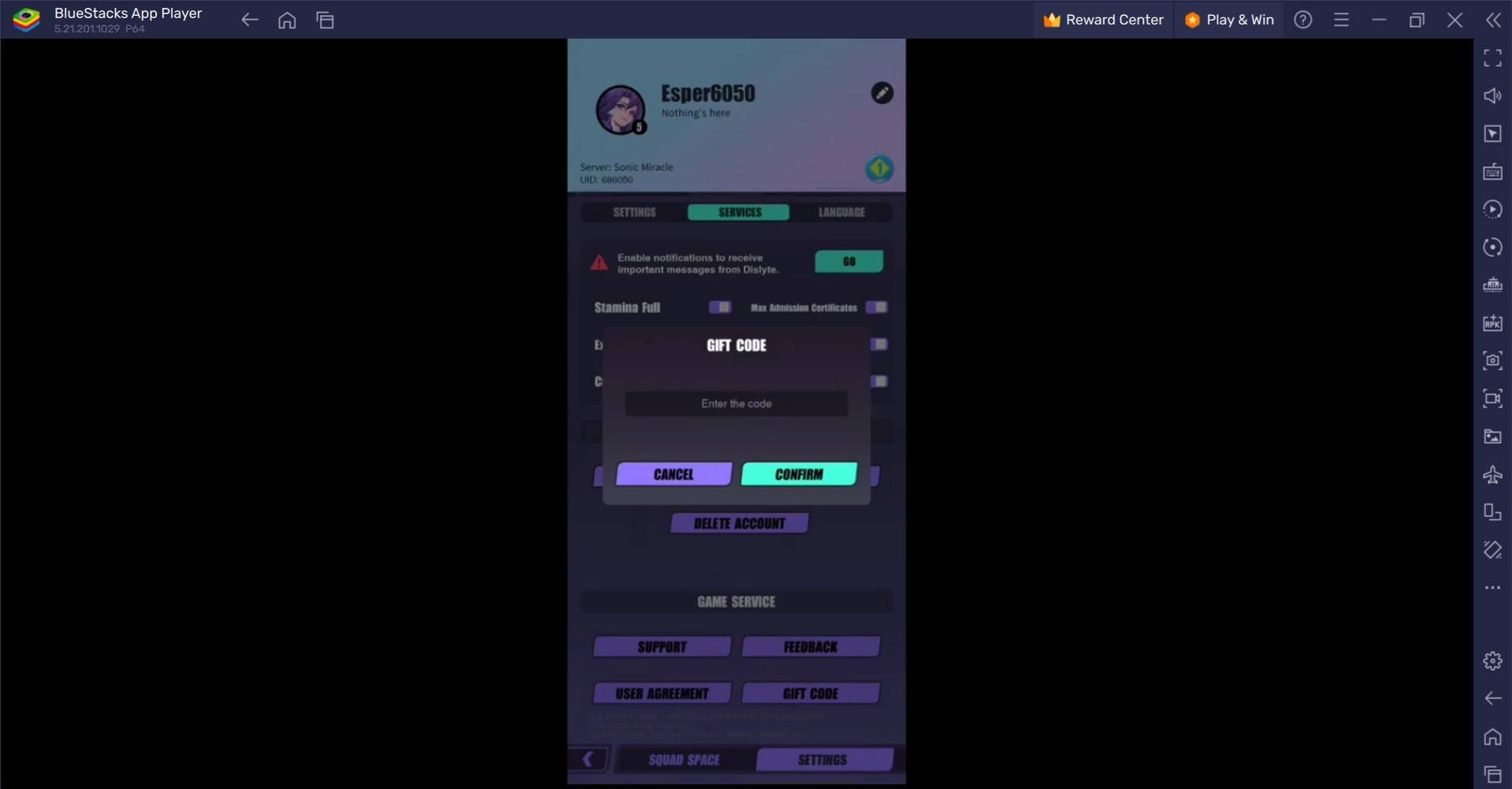A TikTok ban is set to take effect on Sunday, January 19th, following the Supreme Court's rejection of an appeal. The court unanimously dismissed TikTok's First Amendment challenge, citing concerns about national security. While acknowledging the platform's widespread use and role in expression, the justices emphasized TikTok's scale, susceptibility to foreign control, and extensive data collection as justifying the ban to address government concerns.

Barring political intervention, TikTok will be unavailable in the U.S. on Sunday. White House Press Secretary Karine Jean-Pierre stated President Biden prefers TikTok remain available under American ownership. However, implementation falls to President-elect Donald Trump's administration, beginning Monday.
The Supreme Court ruling stated that while TikTok provides a significant platform for expression and community, Congress deemed divestiture necessary due to national security concerns regarding data collection and its relationship with a foreign adversary. The court concluded the ban doesn't violate First Amendment rights.
Trump, previously opposed to a ban, may issue an executive order delaying enforcement for 60-90 days. He reportedly discussed the ban with Chairman Xi Jinping on Truth Social. While China's willingness to sell TikTok entirely is uncertain, reports suggest a full sale is a possibility. Elon Musk, involved in the incoming Trump administration, is reportedly considered as an intermediary for potential western buyers, or may attempt a purchase himself.
Meanwhile, many TikTok users have migrated to the similar Chinese app Red Note (Xiaohongshu), with Reuters reporting over 700,000 new users in just two days.
TikTok's future in the U.S. hinges on finding a new buyer or ceasing operations—unless a Trump administration executive order alters the situation.
 Home
Home  Navigation
Navigation






 Latest Articles
Latest Articles










 Latest Games
Latest Games












